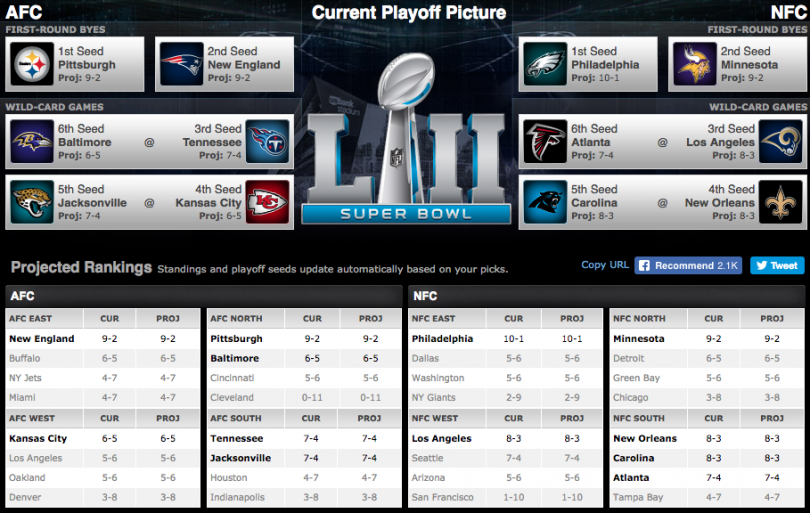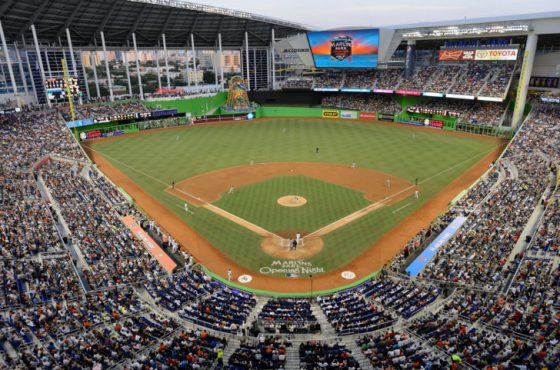Will Changes to the Sports Betting Market Work for Me
Better technological advances that support the sports betting markets is giving bettors access to many new betting options. How will changes work for me and can bettors adapt to the new advances with more efficient methods available. Online platforms enable gamblers to bet whenever and wherever they want, reducing the need for the traditional bookmaking shop. However, it has proven to be a double-edged sword, with the increasing number of available betting markets growing beyond the capacity of human odds makers to efficiently manage them.
Tom Daniel, Head of Risk and Player Analytics for sportsbook provider Kambi discusses the changing face of the industry. “The scale of available sports betting markets is so vast in comparison to 13 years ago when I joined the industry. Everything was priced manually, and a single trader working on one event might price up to ten markets, but with everything being done manually they spent more time changing their odds than actually watching the events. It is very different now of course; you have a single trader managing the output for scores of events offering hundreds of markets, with systems that require no direct input from them whatsoever so we’ve definitely come a long way.”
Daniel is talking about the second technical revolution in sports betting which is starting to emerge worldwide. Will the increasing use of artificial intelligence and machine learning affect the betting markets. The increasing accuracy of odds calculation represents the next digital frontier in sports betting. Will your NFL picks, NCAA wagering or NBA betting become a more informed decision making process.
The next wave of sports betting
The basic theory is that greater automation leads a drive towards greater efficiency and management. It will take some time and considerable skill to set up automated systems to do a lot of the jobs traditionally been done by humans. The most valuable people in a bookmaking operation will become the analysts/programmers who set up this automation.
Moving into unknown territory carries some inherent risk for the bookmaker using the technology. Will the race to the next stage of sports trading create inherent risks in pursuit of profits
More scientific analysis of sports is changing how coaches and teams play their respective games. A greater analysis of sporting events is helping odds making database operators evaluate the numbers of each sporting event. In the next few years, bettors will see changes and use them for any possible edge.
Human oddsmakers cannot use the large amount of sporting analysis data all the time.To recall the data for use in odds determination is especially difficult given the increased number of betting markets offered by bookmakers. There is also a greater degree of accuracy to the odds calculations of analytics based sport algorithms. Human sports operators will always be liable to human error regardless of their skill. An analytics odds maker can make thousands of calculations per second, leaving their human counterparts far behind. Speed and accuracy are the two major factors for any betting market.
Can betting artificial intelligence make a difference
Connall McSorley, Commercial Director of Metric Gaming believes that artificial intelligence algorithmic based trading “is vital in order to run the quantity of markets required to be seen in a competitive benchmark perspective because quite frankly human sports traders cannot manage that type of output.”
Artificial intelligence in sports betting is in a long term development stage, but programmers will develop the language that will ensure its security and accuracy. While they may be able to develop programming language and algorithms to replicate and exceed the knowledge of a human odds maker, it still cannot currently replicate the experience of a human. However, there is a strong presence of effective system analytics data available now for handicappers to use to their benefits.
Kambi’s Head of Business Intelligence Daniel Tidström commented: “Coming from a data and algorithmic side, AI is becoming more and more of an accepted practice in the sports betting industry, however the Holy Grail of a fully autonomous general artificial intelligence sports betting system is still some years away.”
While the gap between the operational effectiveness of AI and human sports traders is becoming smaller, the role of human odds makers will inevitably have to change to risk management. Ensuring that the system remains free of potential corruption are factors that AI systems cannot currently do without human intervention. McSorley believes that the role of human sports traders will “morph more into one of risk management and price biasing, using AI algorithms as a tool in this role.”
Artificial intelligence can make significant contributions to player analysis and risk management. Kambi has been involved in using AI in this way for some time, as Daniel explains: “We’ve developed fully automated player management systems that actively manage the profile of every player on our network, perhaps hundreds of thousands of players. This gives us the means to manage players in a way that a human operator could not in terms of speed and coverage.
“We’ve been doing a lot of work aimed at removing the human element from player profiling in particular, however we do still retain an element of input from human risk assessors. The sheer number of players currently participating in sports betting necessitates the need for practical ways to assess every player on the network, which is only possible with a high degree of automation.”
Is the role of the good old boys network dead
The work of oddsmakers have moved away from a blank sheet of paper and compiles price lines based on his own subjective skill and experience. It has moved towards a role where the skill is anticipating the market and positioning your firm within the boundaries of that market.
Oddsmakers will have an active and valuable role in designing and programming the AI trading systems. Placing AI odds makers in total charge of an operator’s books potentially exposes its financial revenue to attack or manipulation by hackers.
Given the significant levels of revenue involved and the number of high profile corporate entities which have fallen victim to hackers over the last five years, betting operators may be reluctant to place the entirety of their odds making under AI control.
The newer sophisticated market for sports betting does affect bettors who have better handicapping skills than a data driven program. The primary advantage bettors have is the oddsmakers have to make the first move —- post the opening lines. The requirement for monitoring and management of what content is being produced, the accuracy and sanity checking against other operators and the ability to adapt quickly is paramount.
Ensuring that you are in line and not creating hedging opportunities must be perfected or astute bettors will exploit any leaks in the system. One area where bettors have an advantage over artificial intelligence is the ability to read subtle human behavioral traits of those involved in a sporting event. Viewing body language of an athlete or bad team chemistry is part of a sporting event. A turn of events or bettors anticipating a shift in momentum is an inherent quality smart bettors understand to gain an edge over machine data.
A modern oddsmaker requires more knowledge and different skills. He must speak a common language with developers, understand and help refine the mathematical models and have a fundamental understanding of the mechanics of both sporting events and betting markets. Talent with the right experience is an integral part of any operation. Math calculations alone will only take you so far, you need experts who know when the numbers and team matchups are in correlation with equal value expectations.
If the technology behind AI sports trading becomes more robust and the scope for its usage in betting grows, it may lead to a closer understanding between the human sports bettor and the AI system. Betting operators could look to retain the services of human sports bettors for higher profile sporting events and ultimately as a checking mechanism on the work of their AI counterparts. But bettors can benefit with finding ways to use AI without tipping their hand.
It remains clear the sports betting industry has accepted artificial intelligence algorithmic sports trading into the fold. The nature of the relationship between human sports bettors and AI algorithms will evolve, with both being a required benefit to the industry.
Hiring the best sports bettors to oversea a more technical odds-making system is a conflict of interest unless operators have particular safe guards in place to protect against insider trading. It only takes one small leak from a systemic program flaw to cause a major problem trying to stop bettors from cashing in on that weak line.
Spotting trends that remain hidden for a stretch of games is a road to riches. Any program or oddsmaker will use previous data that sometimes has no bearing on future games. It can become a winning trend for bettors until the source of the calculated odds are adjusted to stop a losing trend for the book operators.
The odds makers today are fairly accurate around 70% of the time but they want to improve and upgrade their method of operation, especially if the new corporate operators think they can do a better job.
The growth of the sports betting industry prepares bettors who are looking for ways to profit. It will be an exciting time for an industry that was cast in dark shadows but now views a legitimate light at the end of the tunnel.






